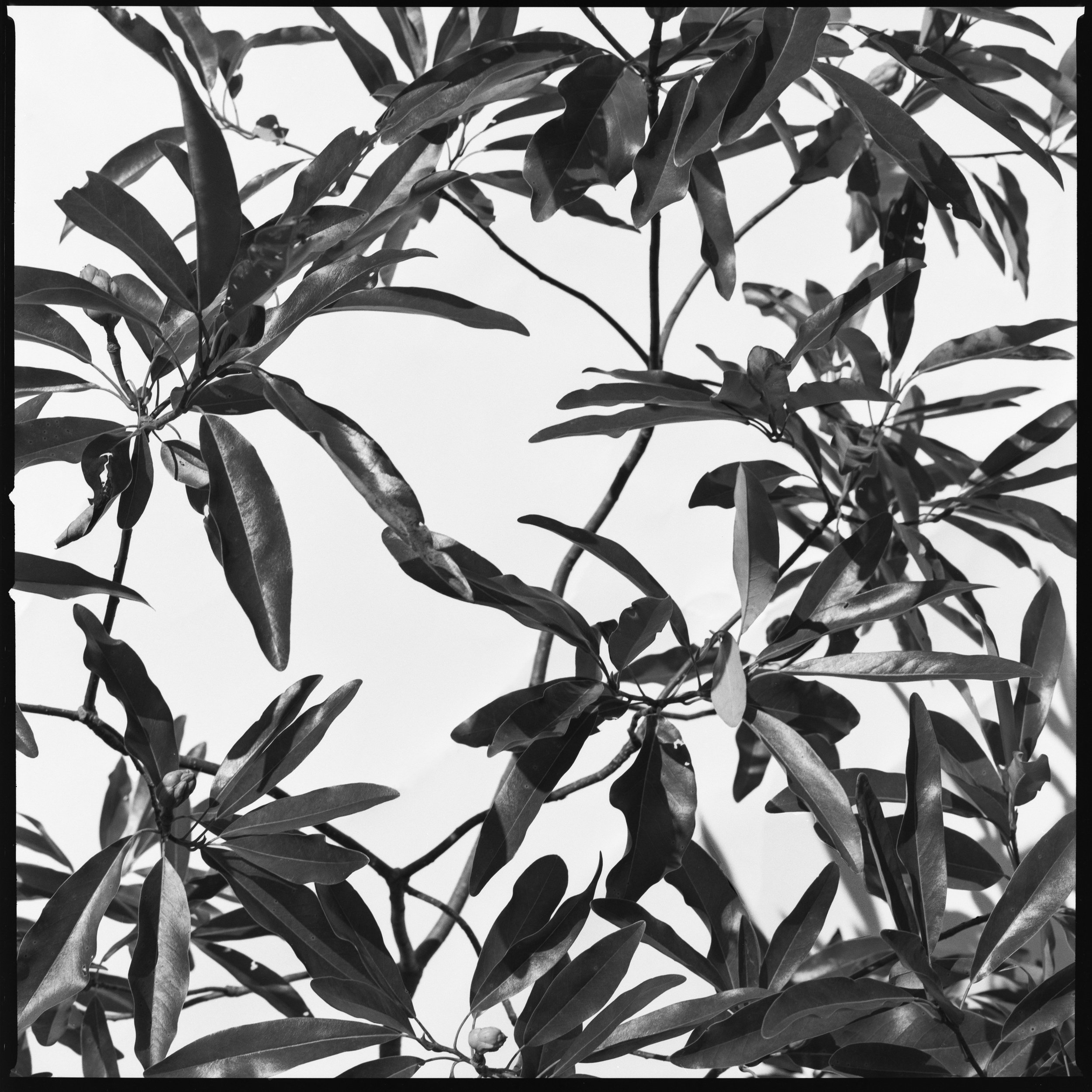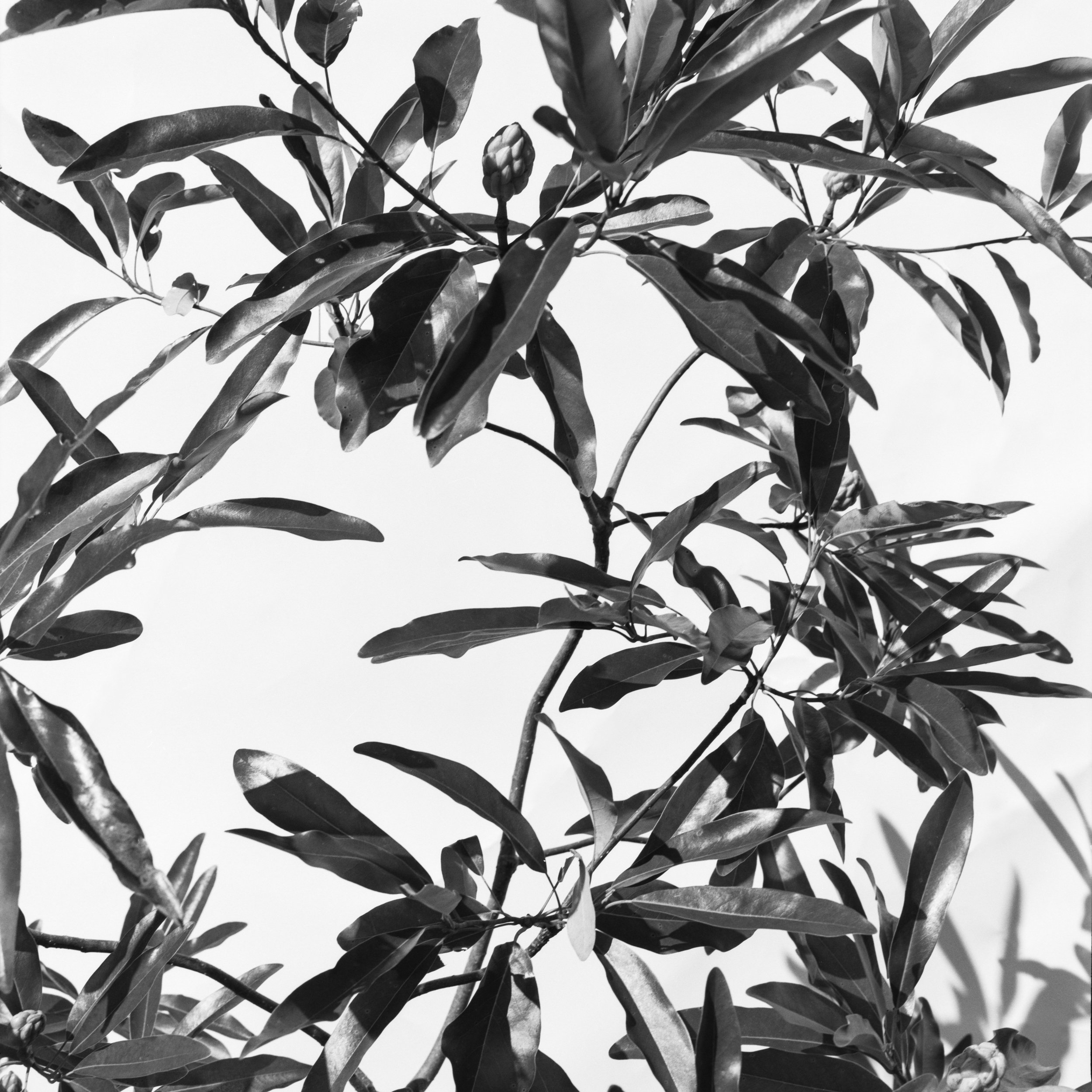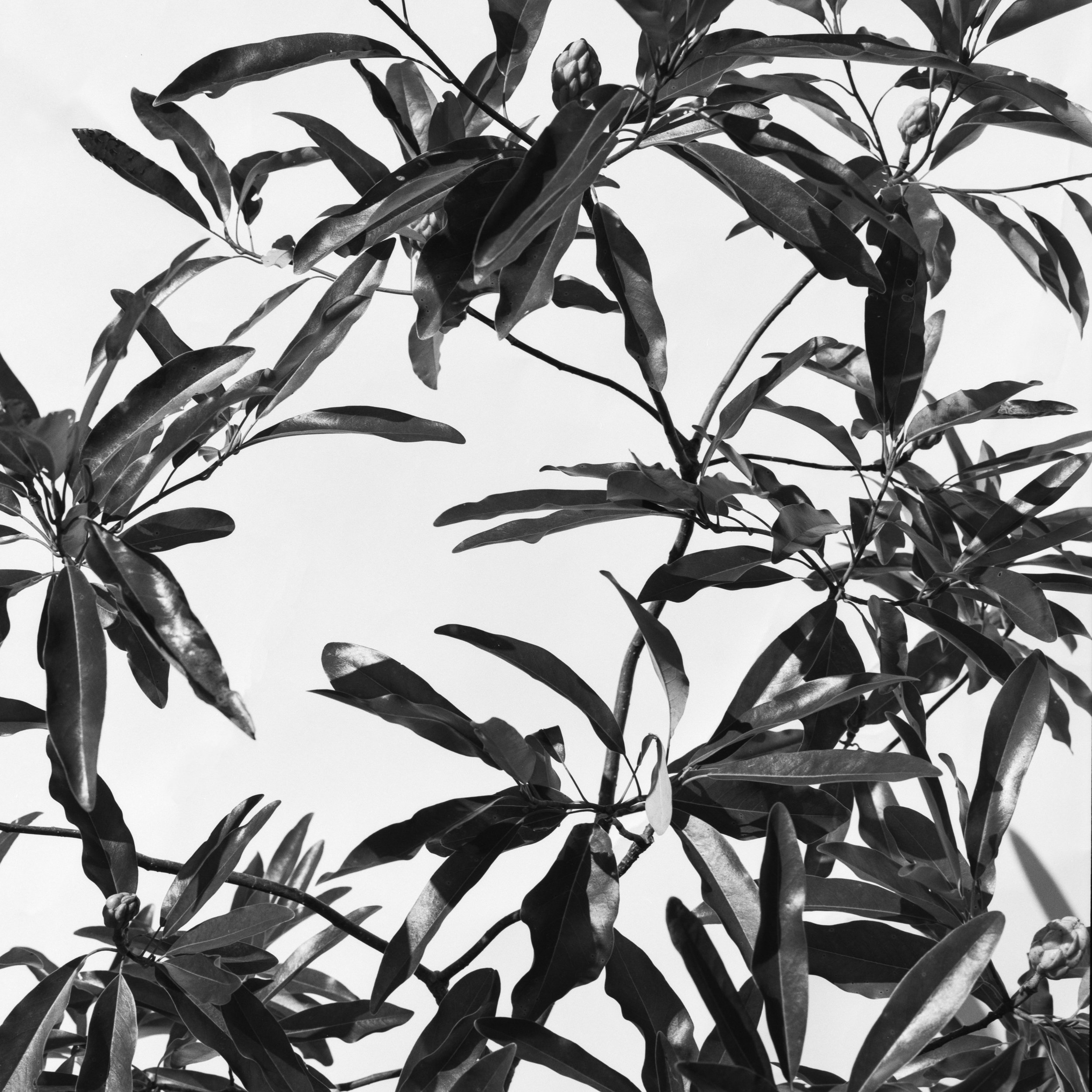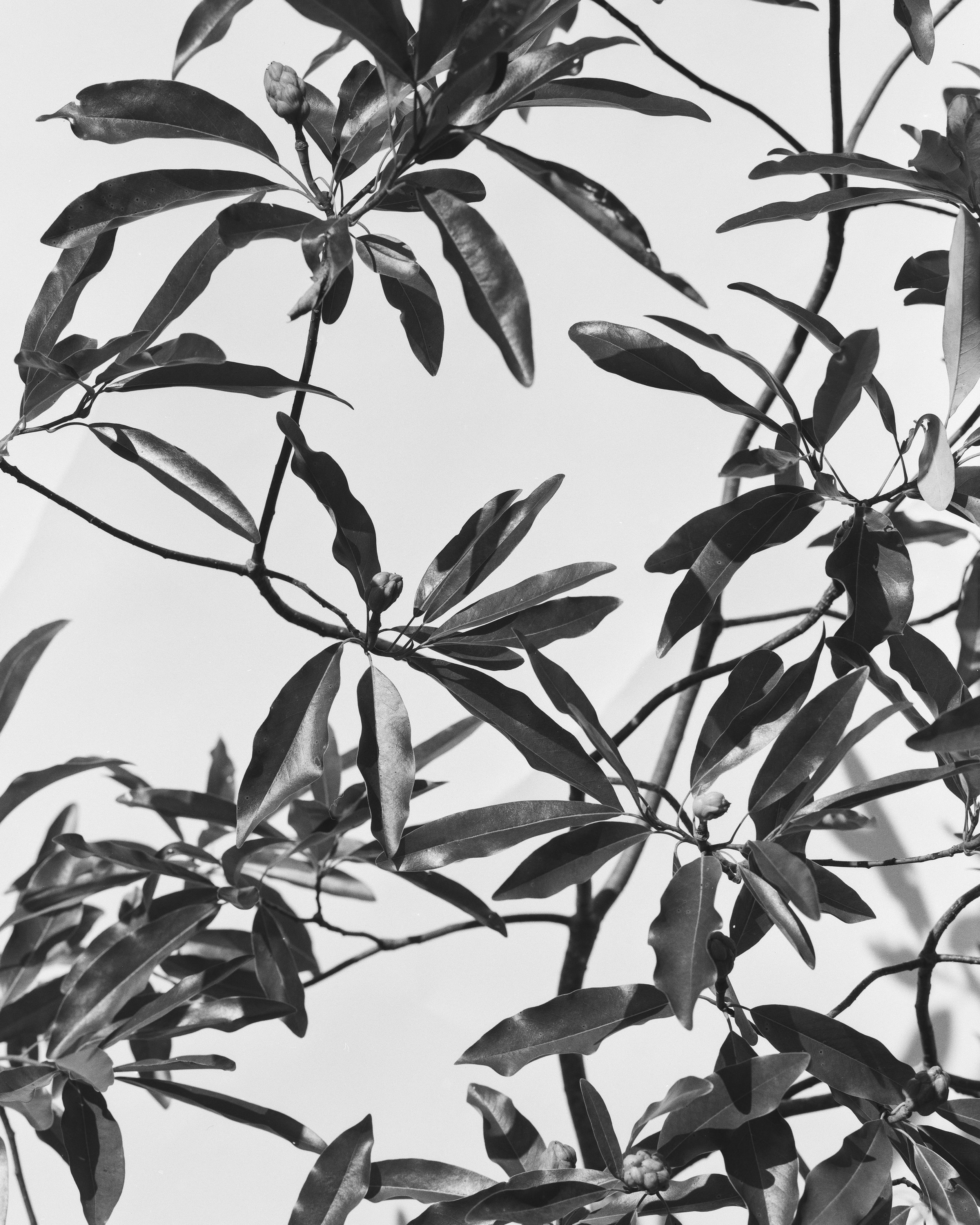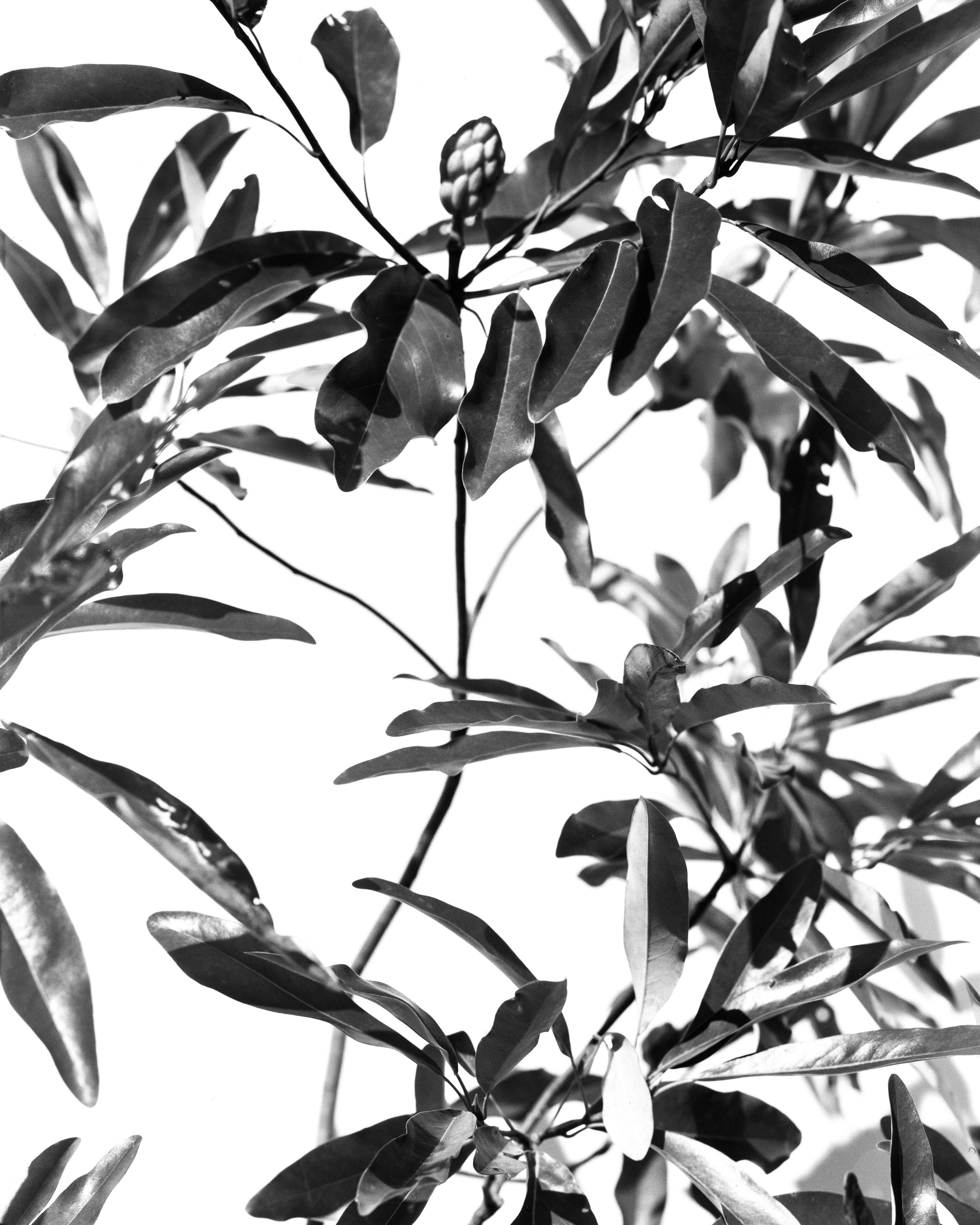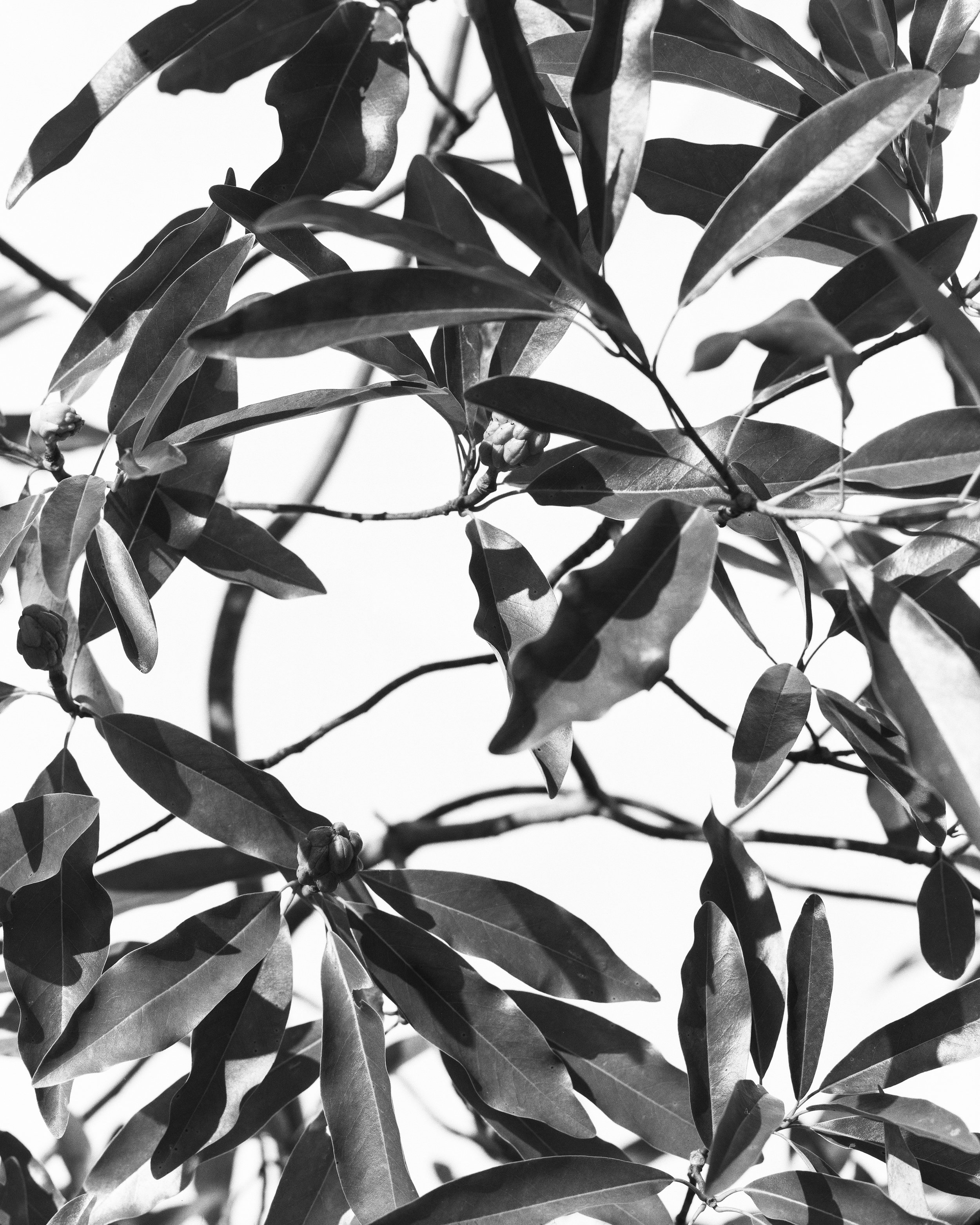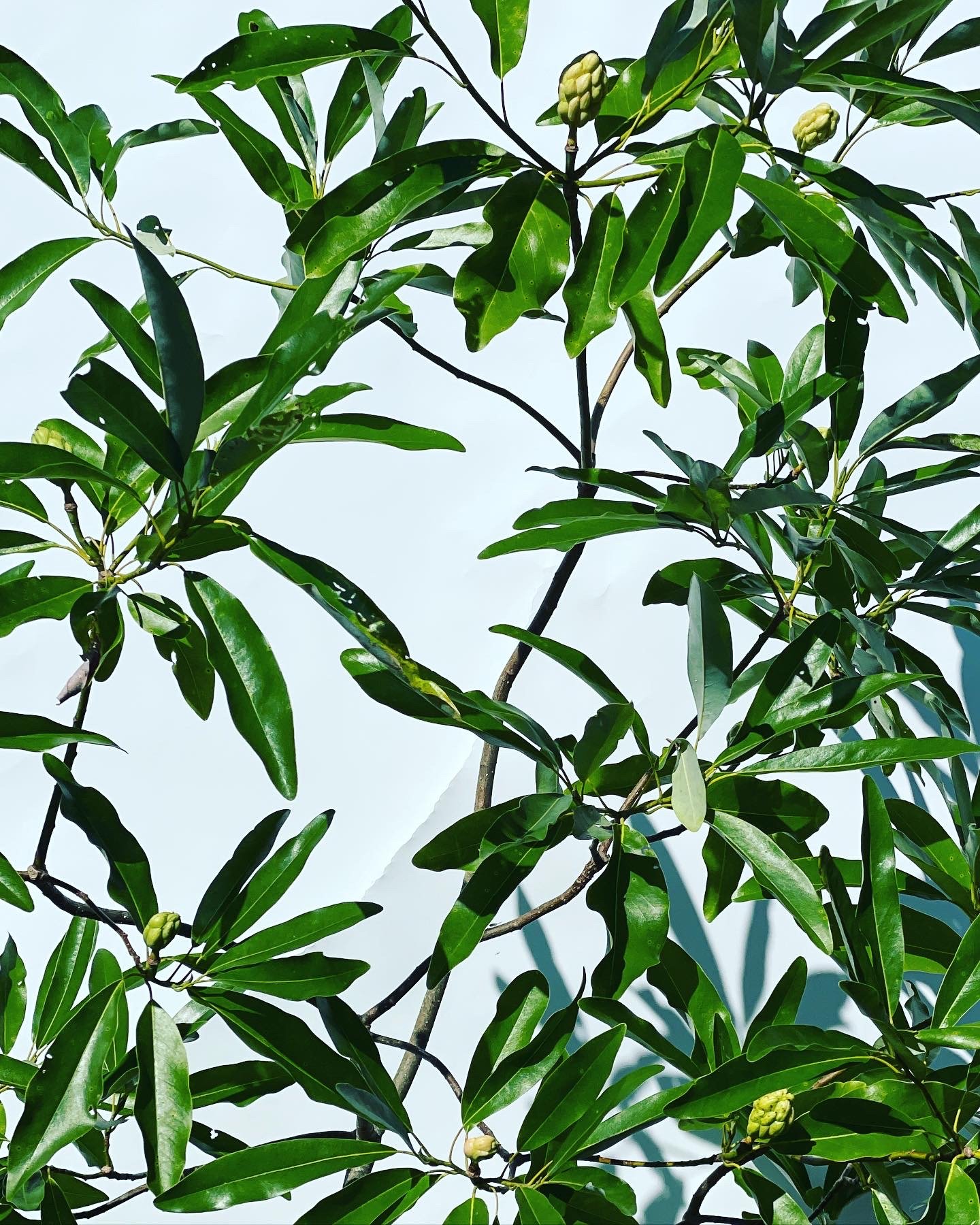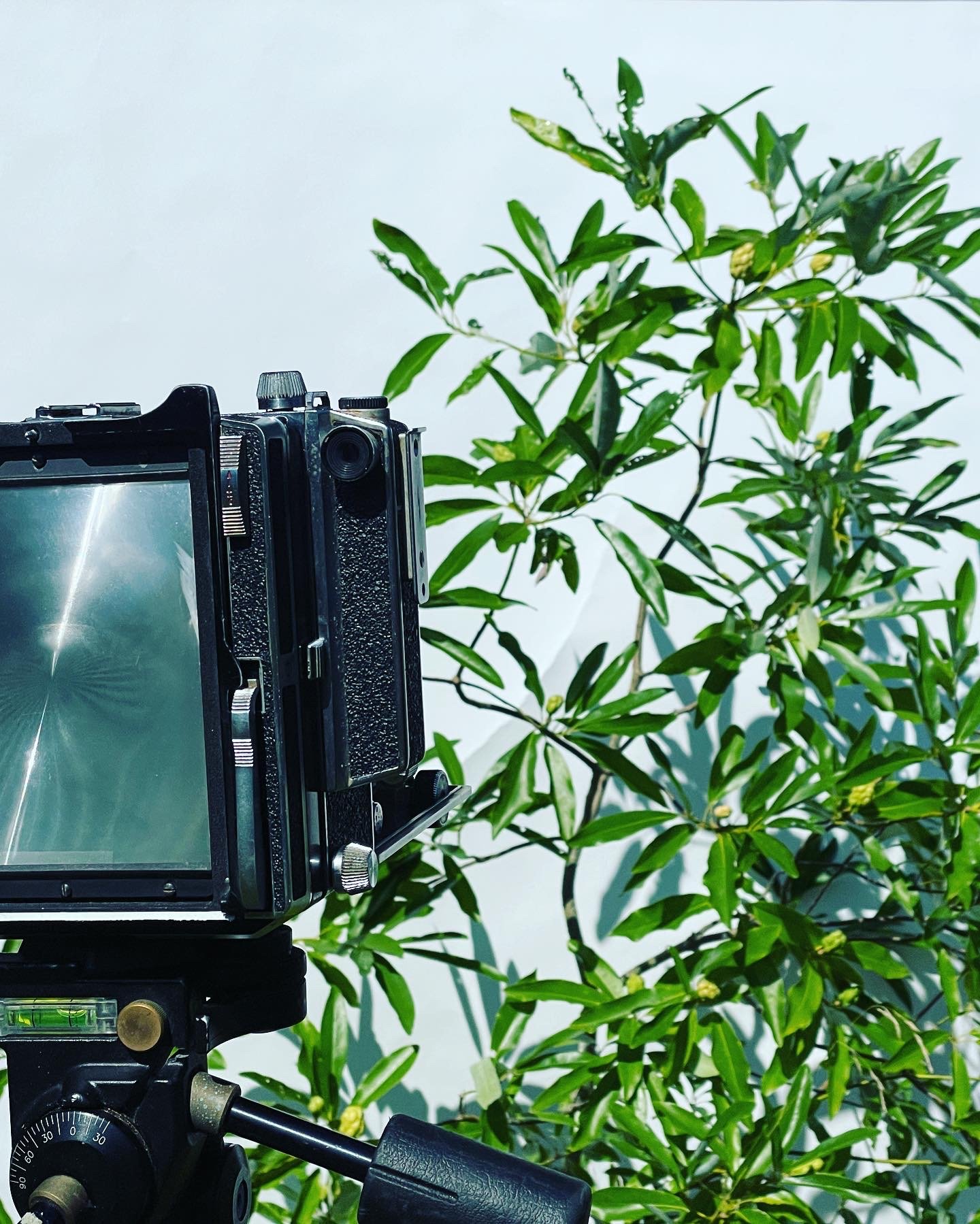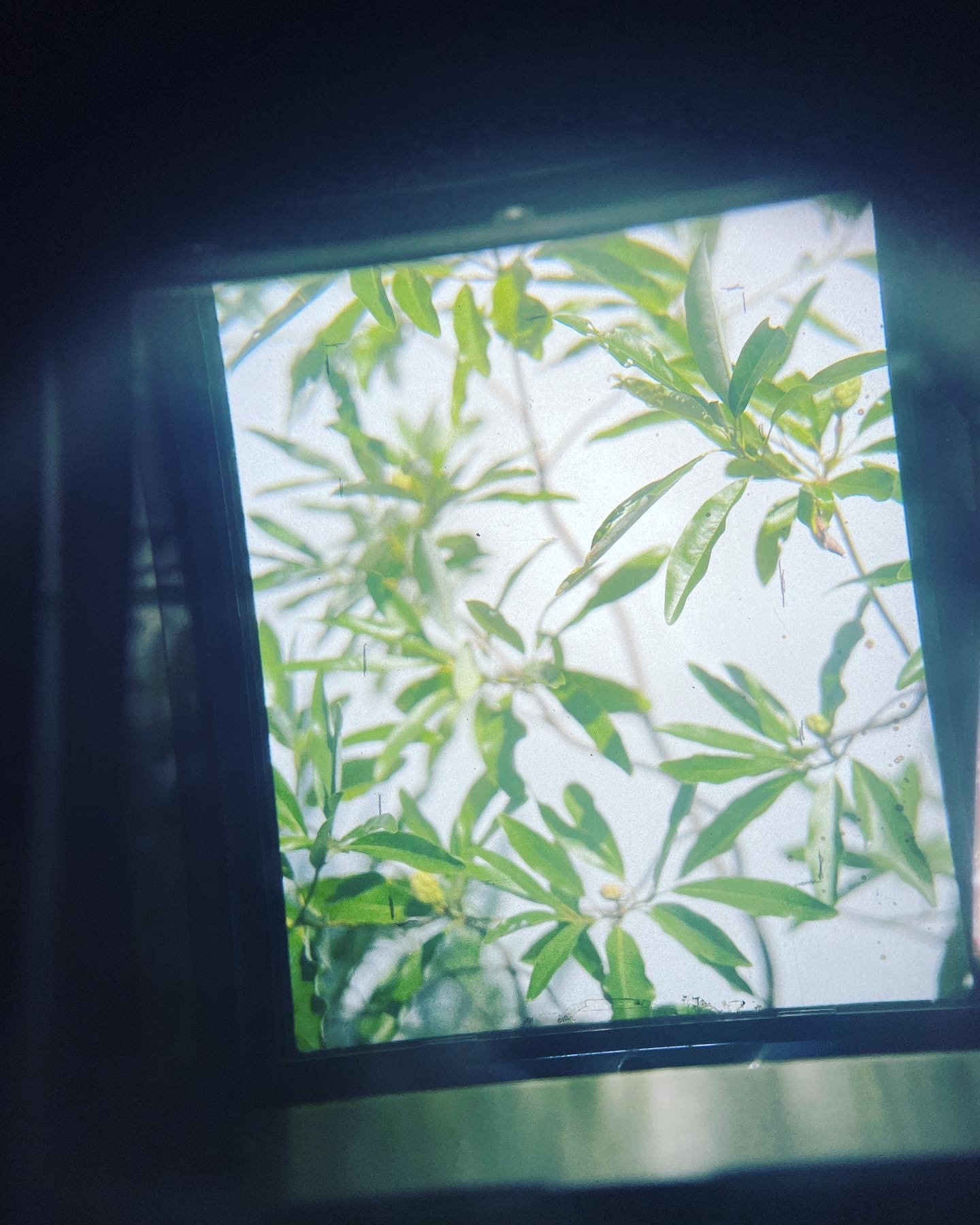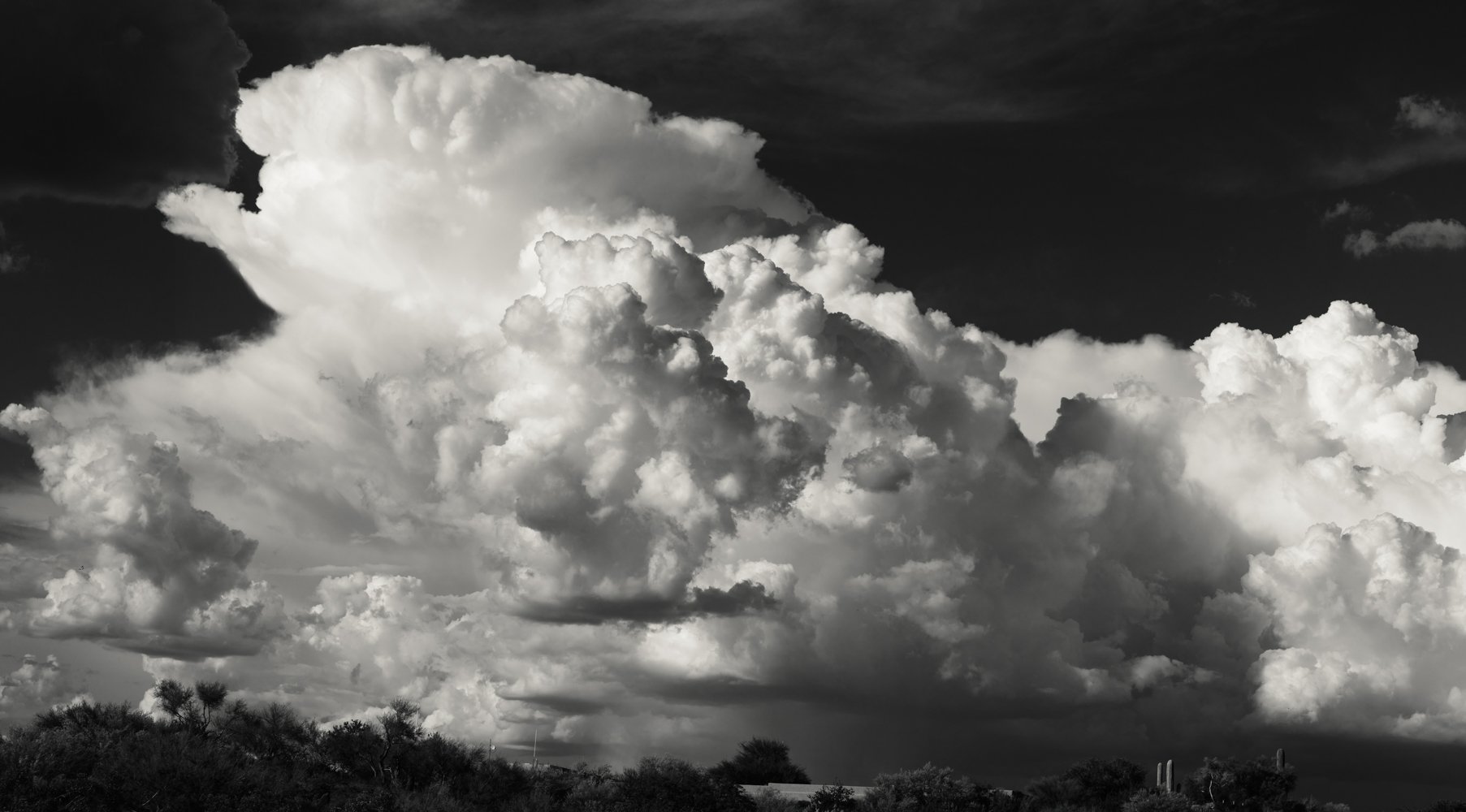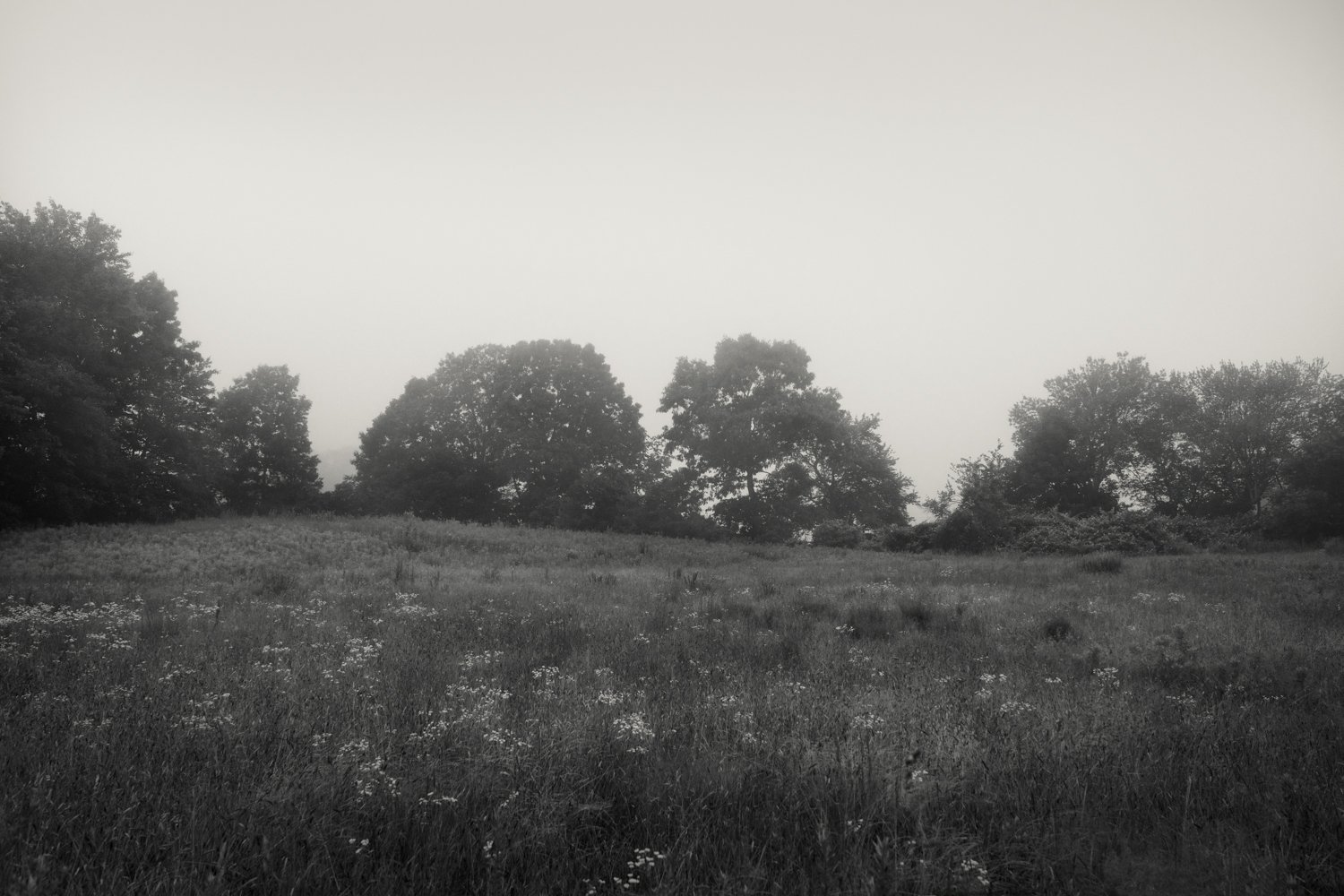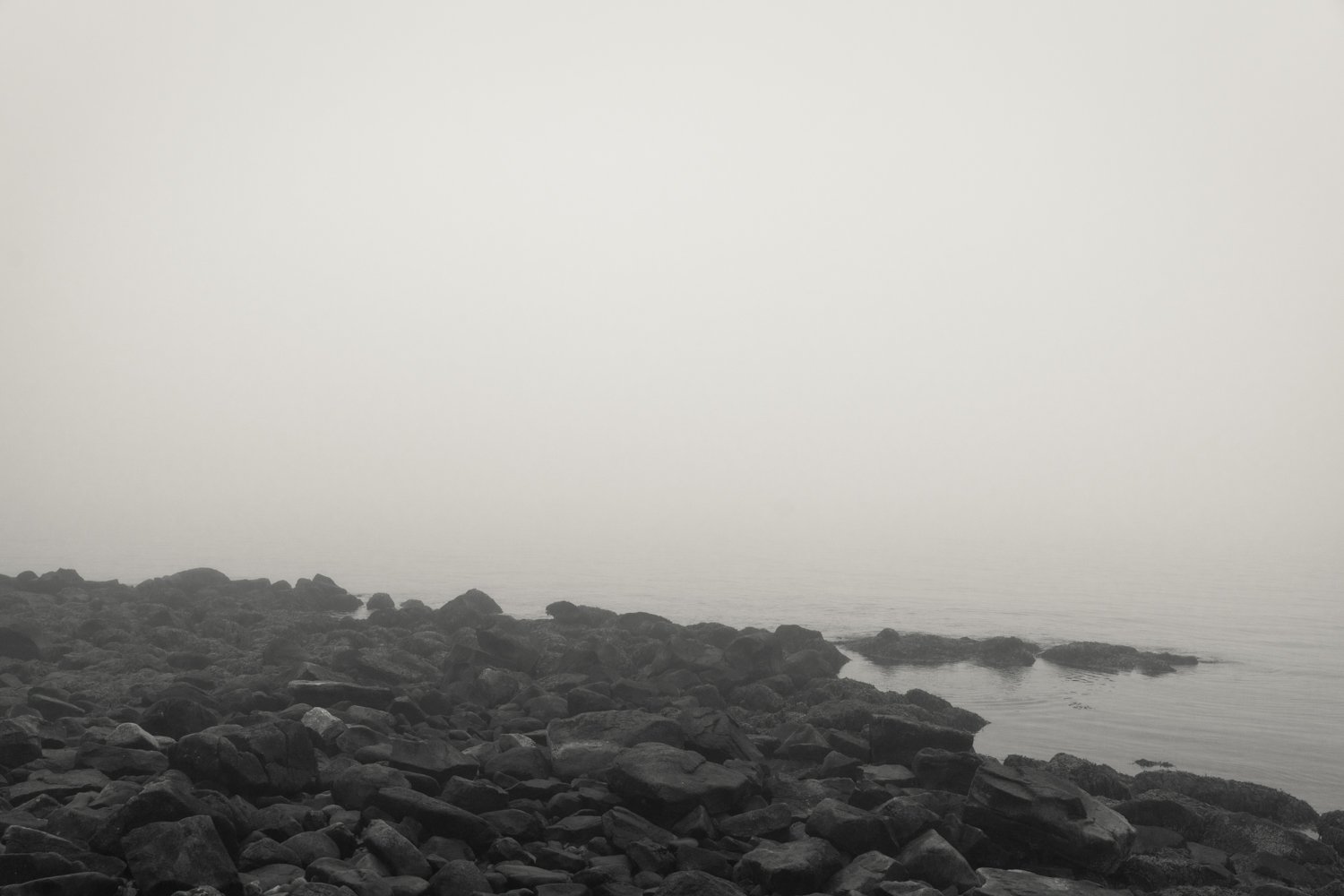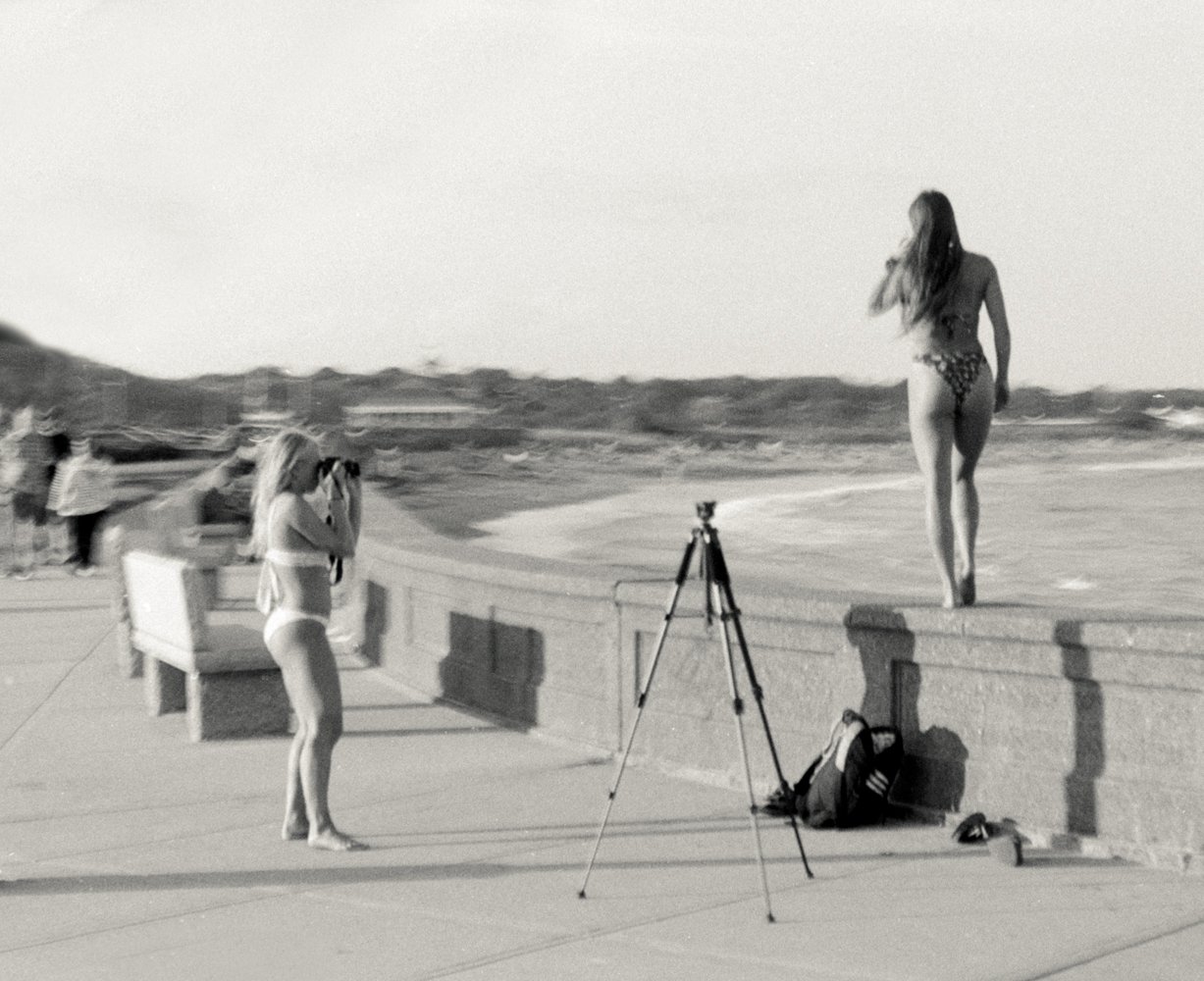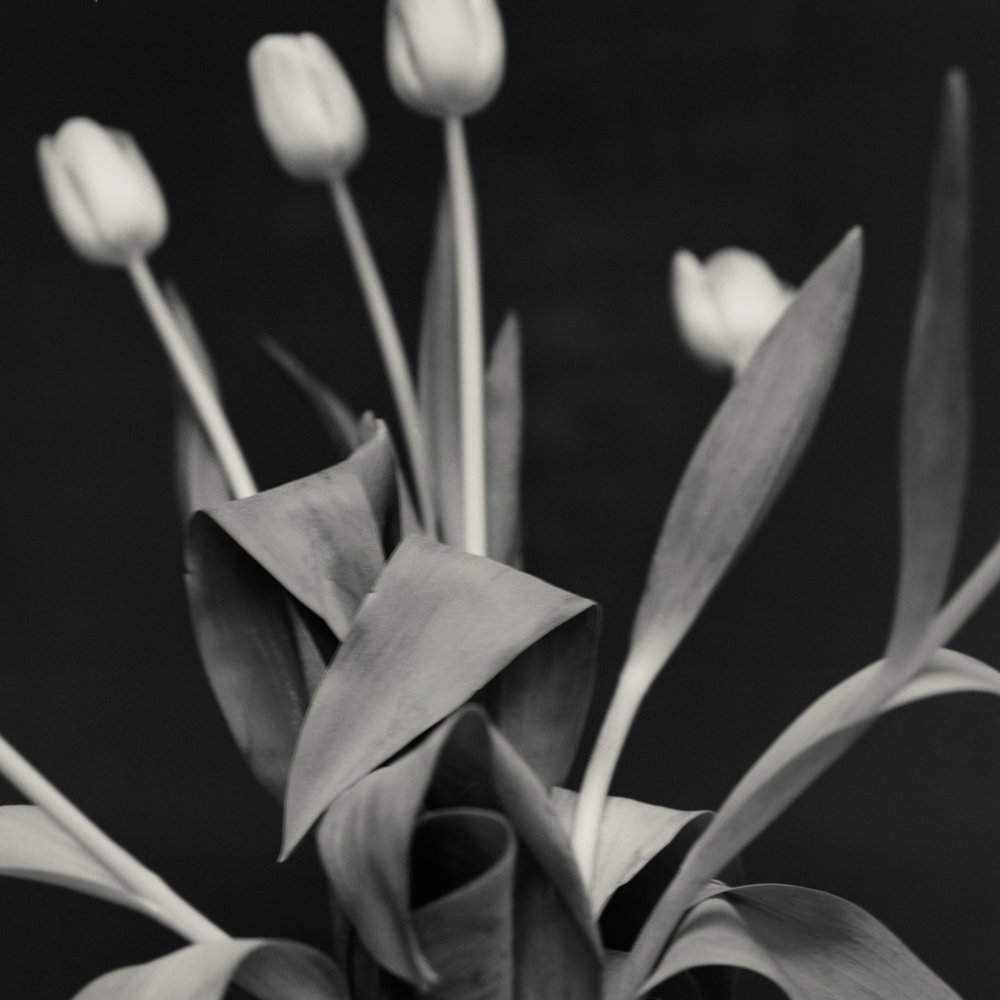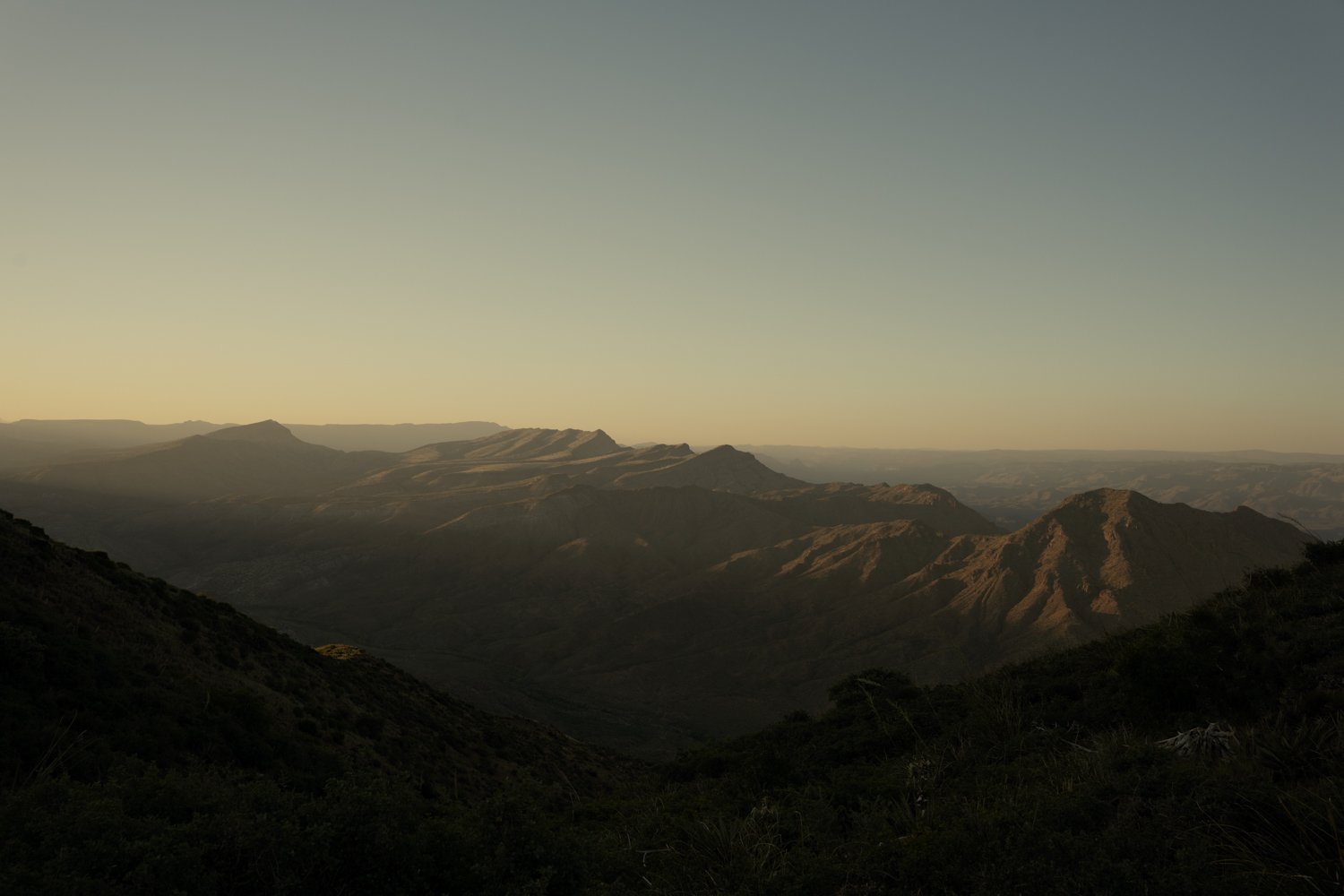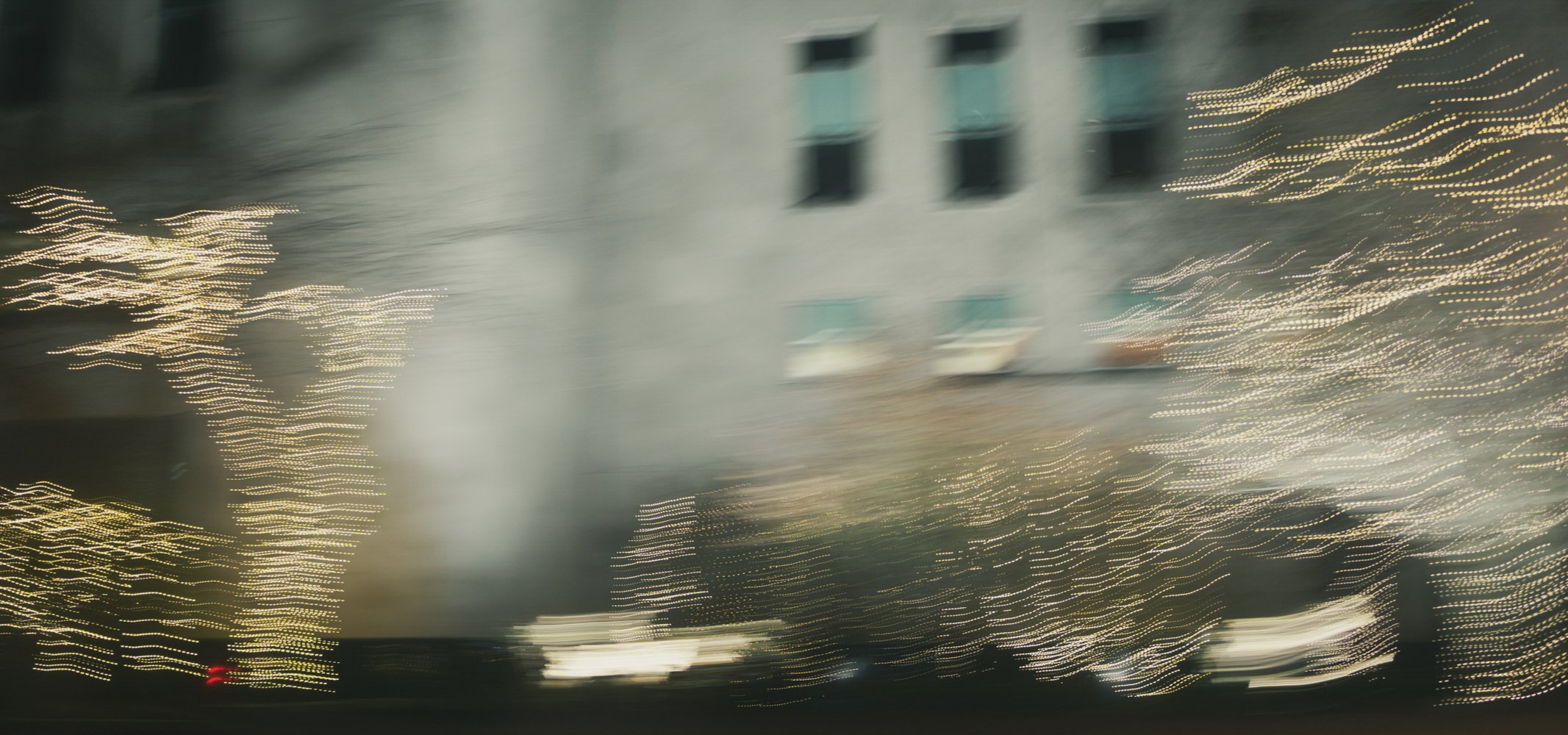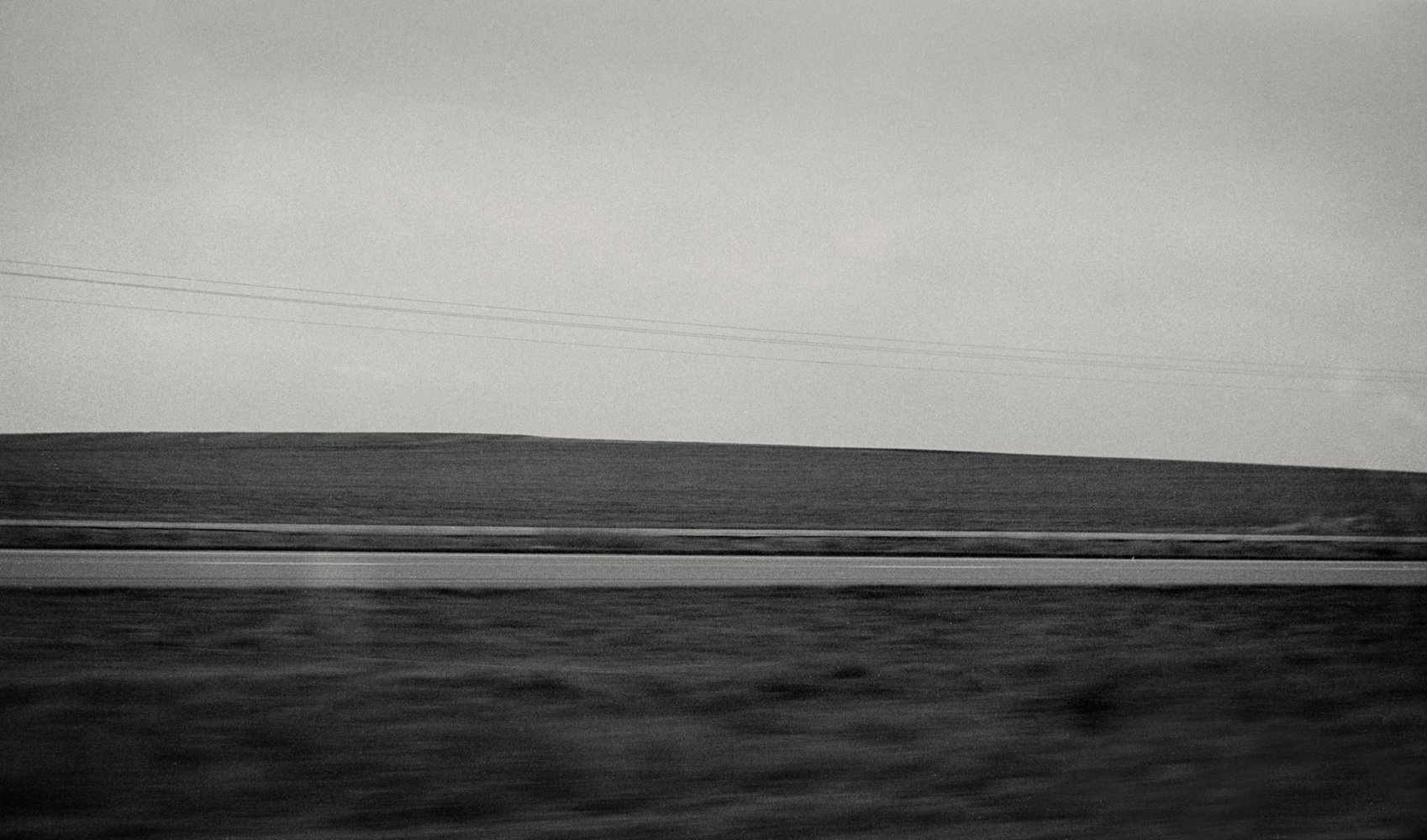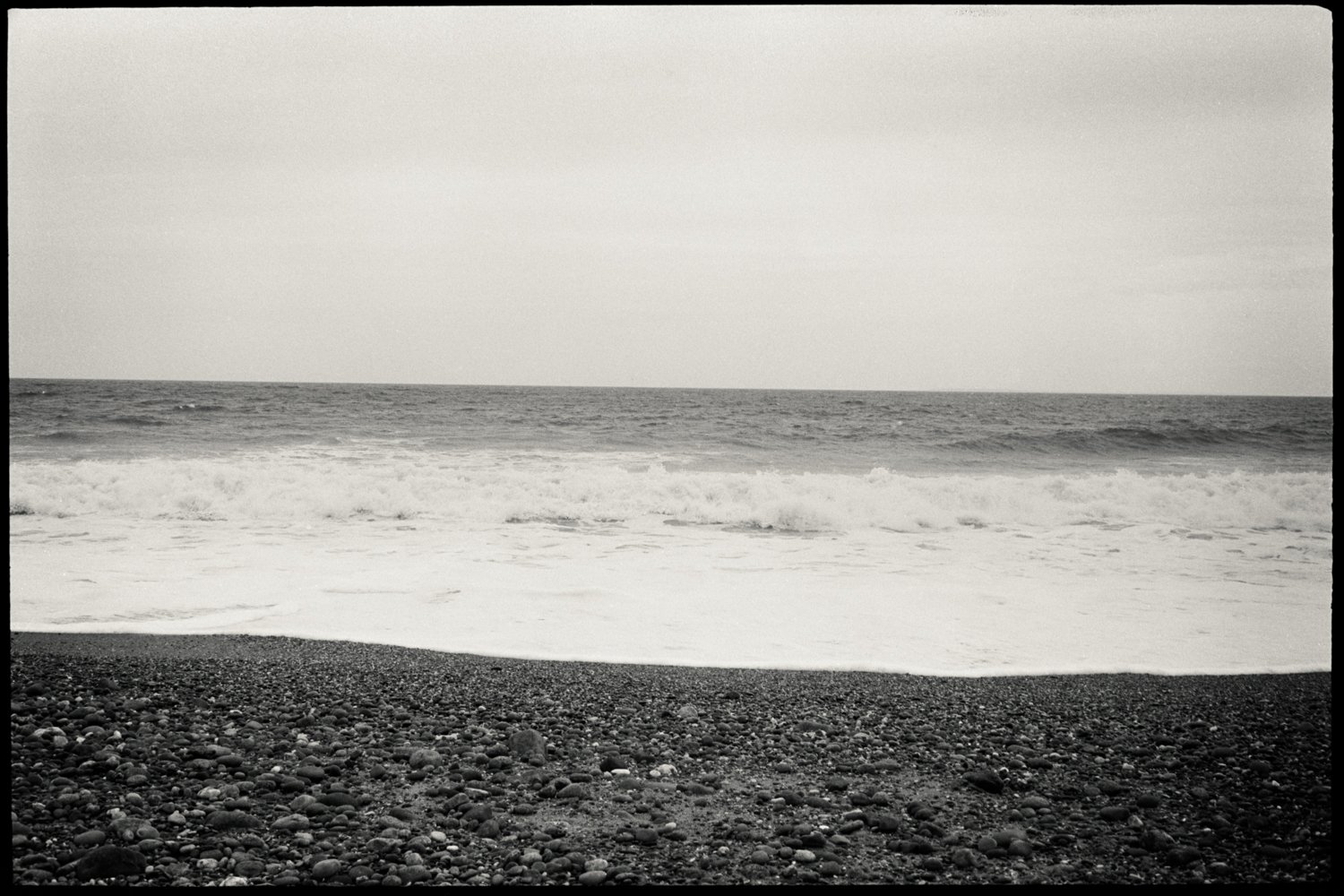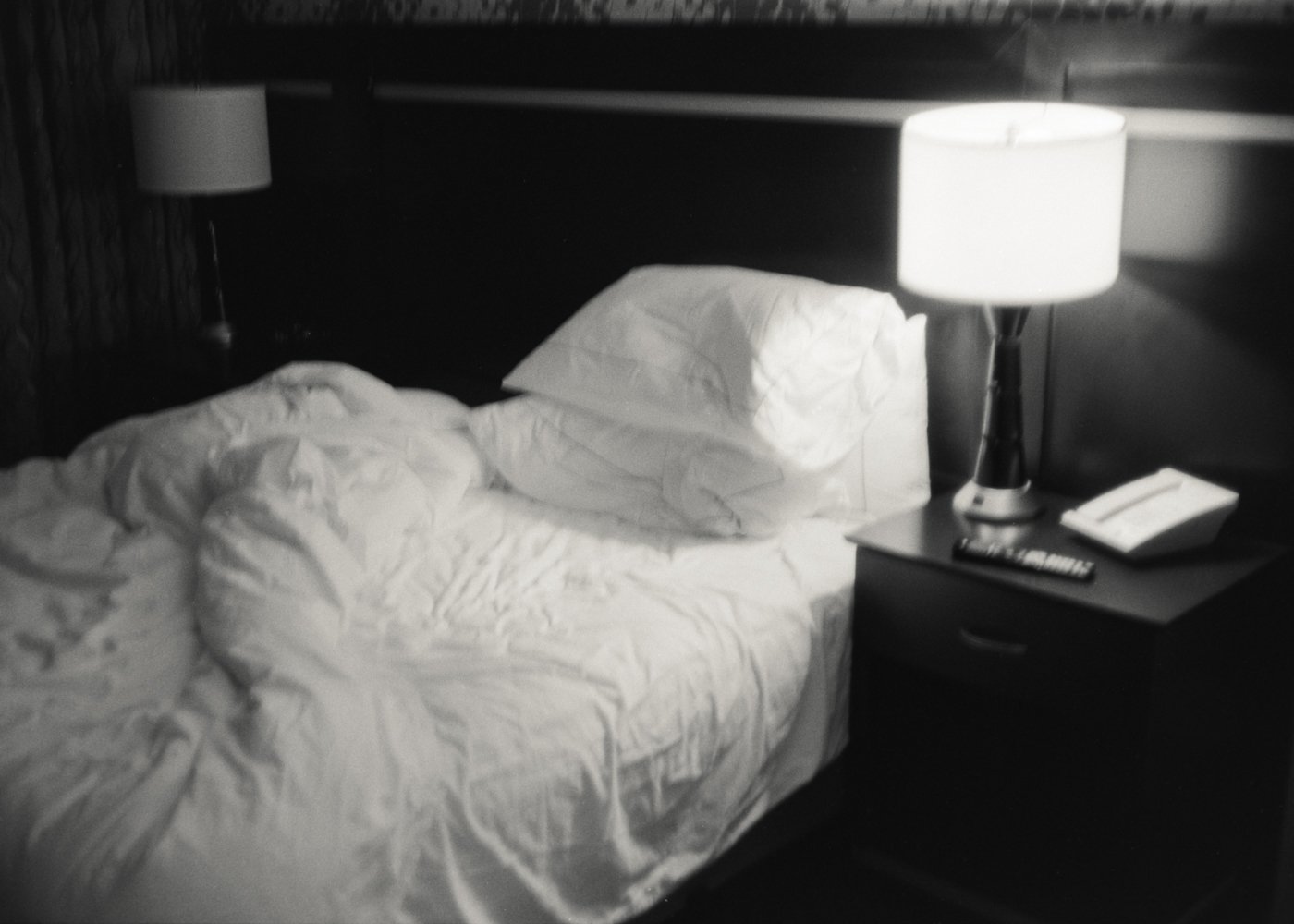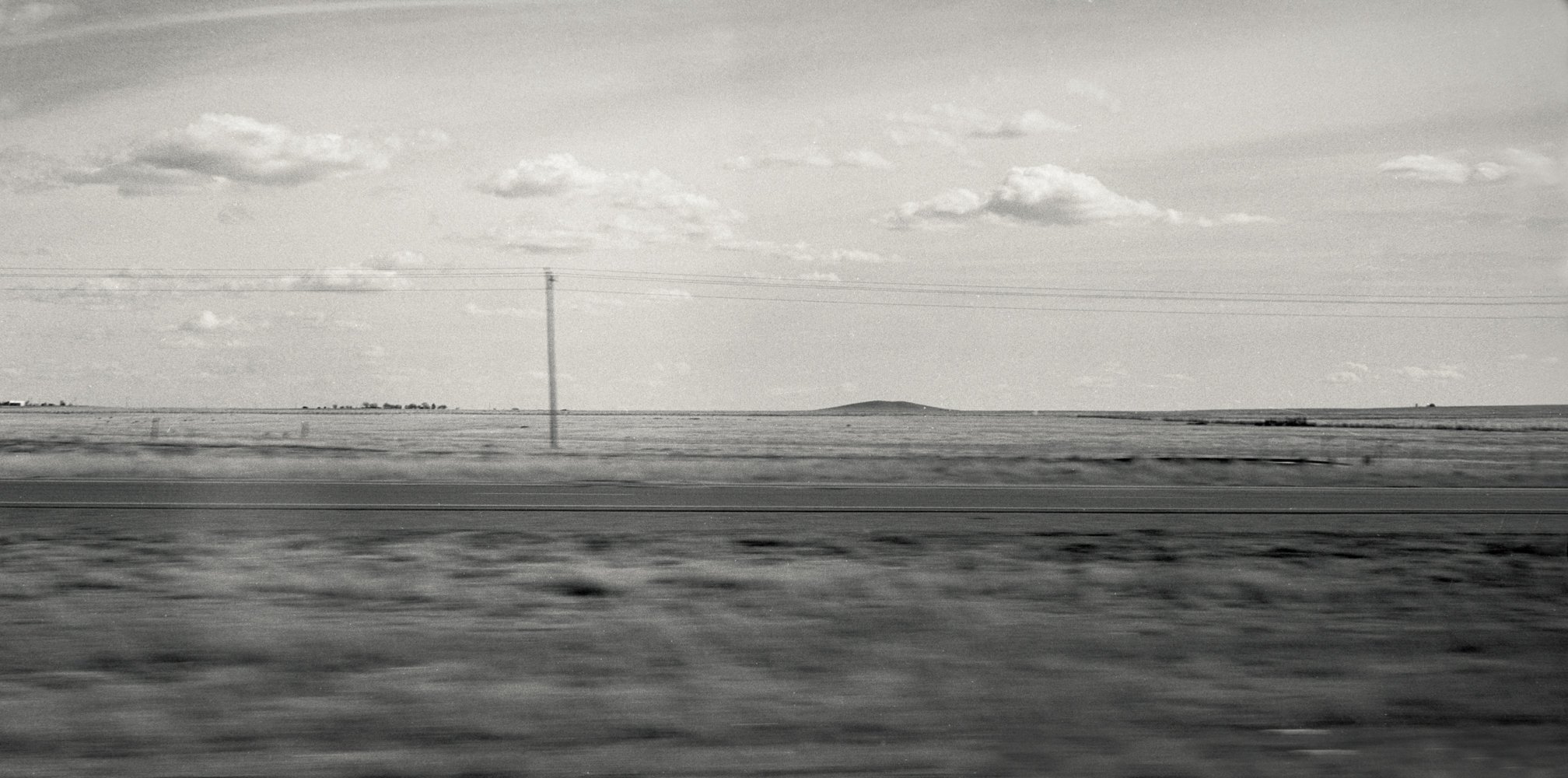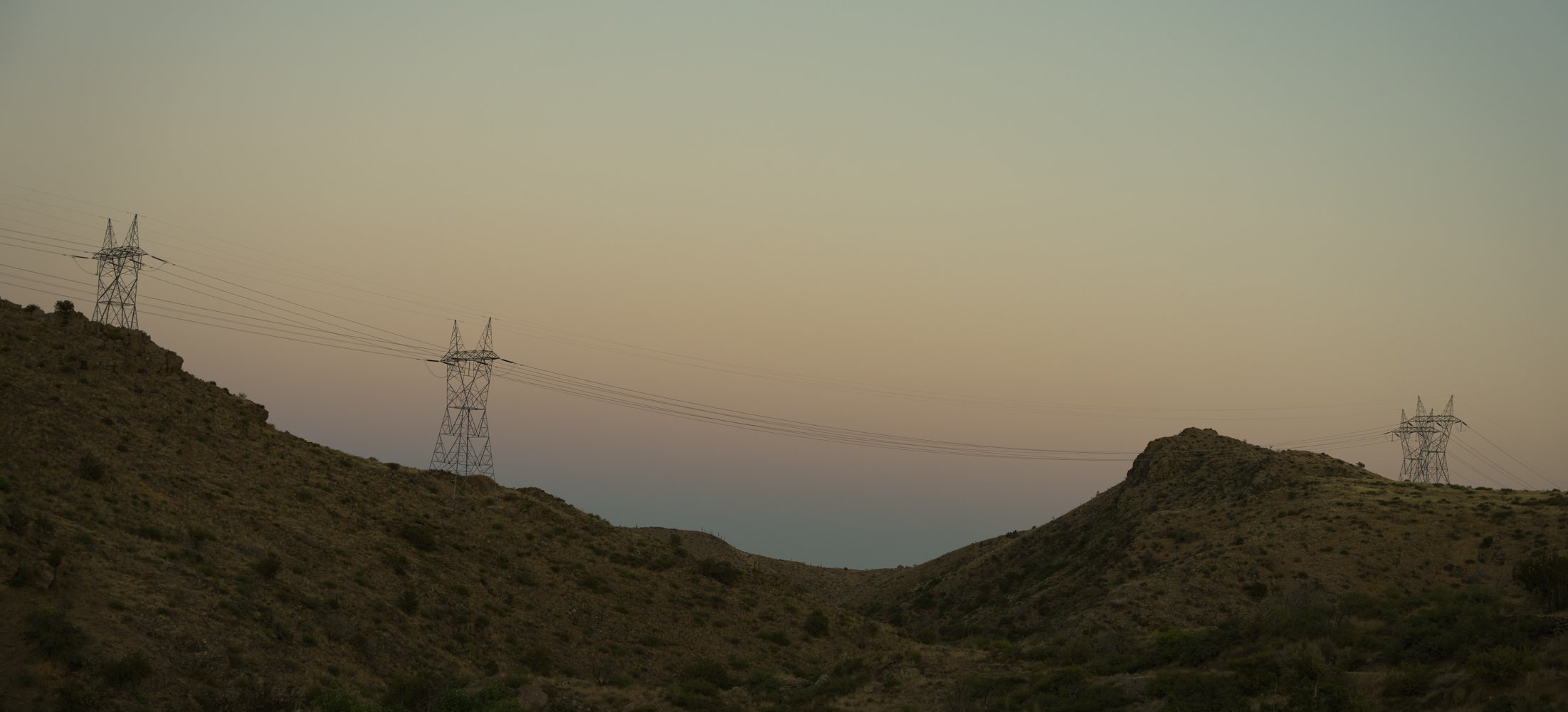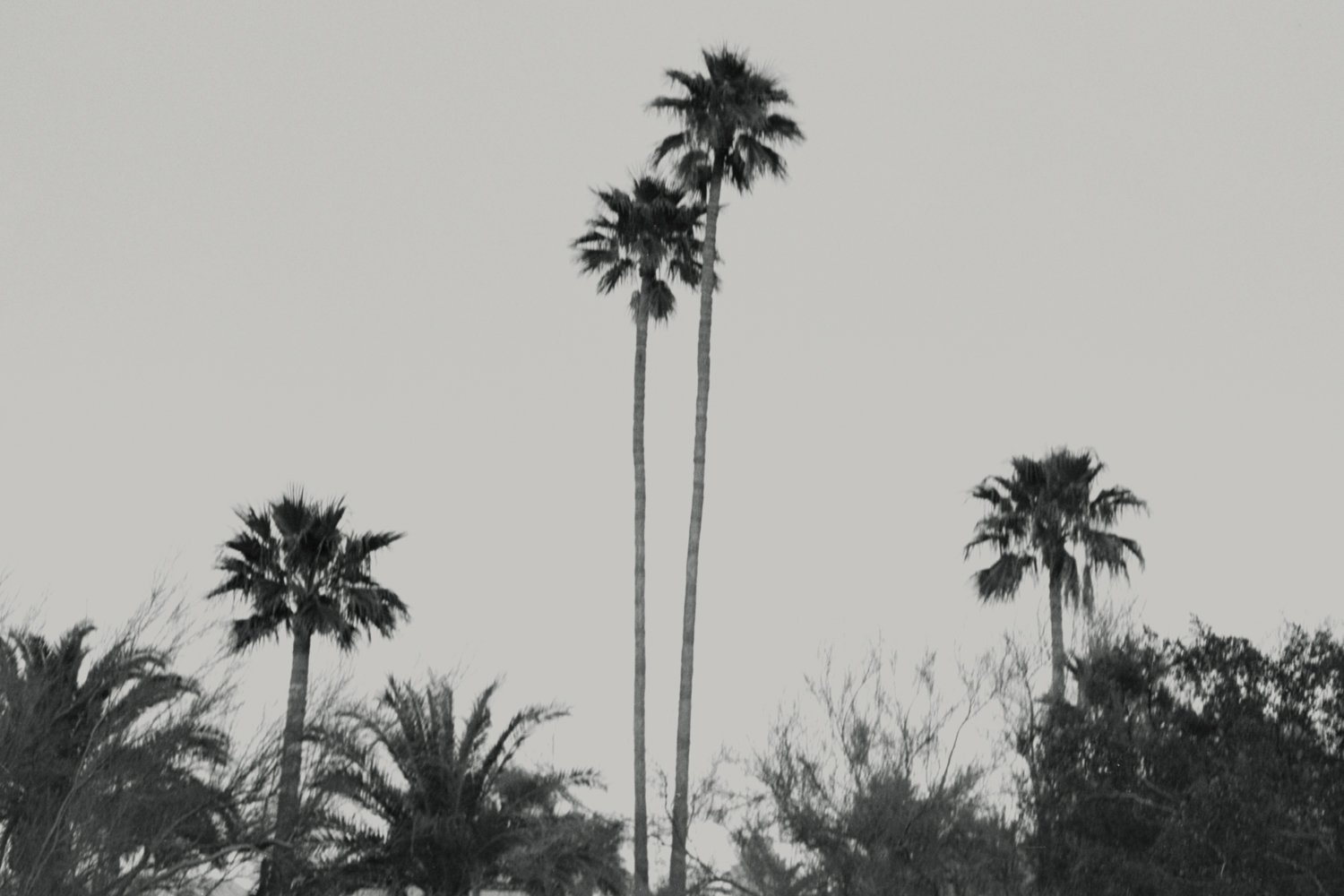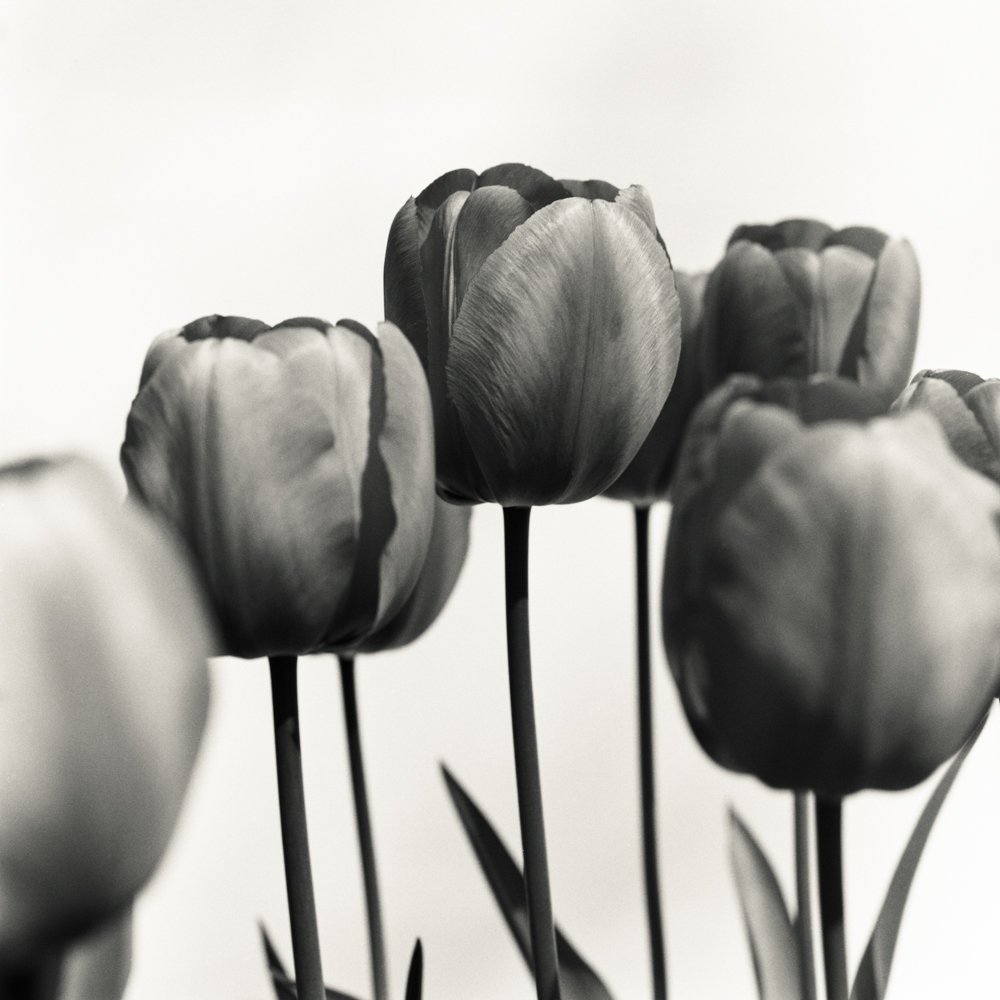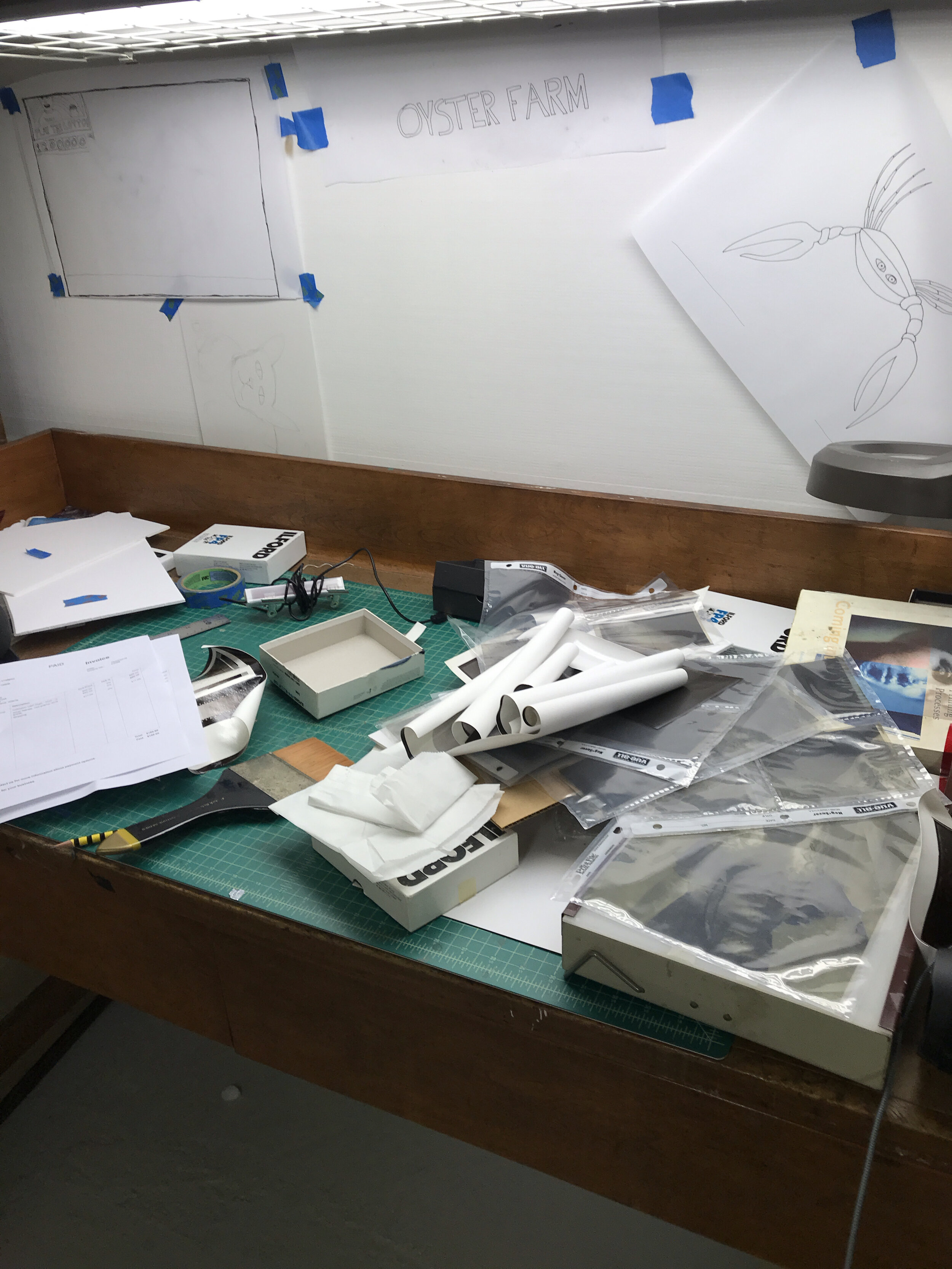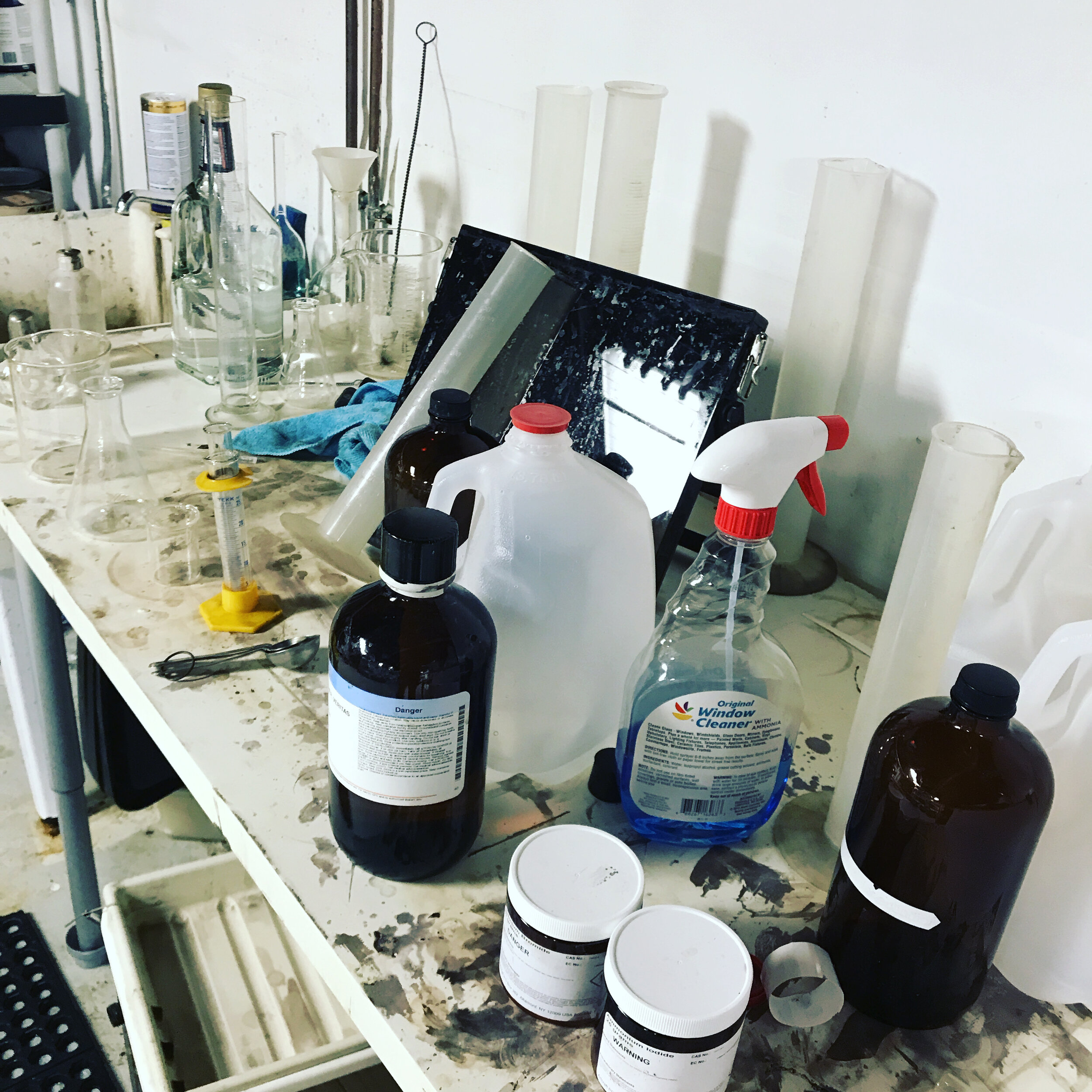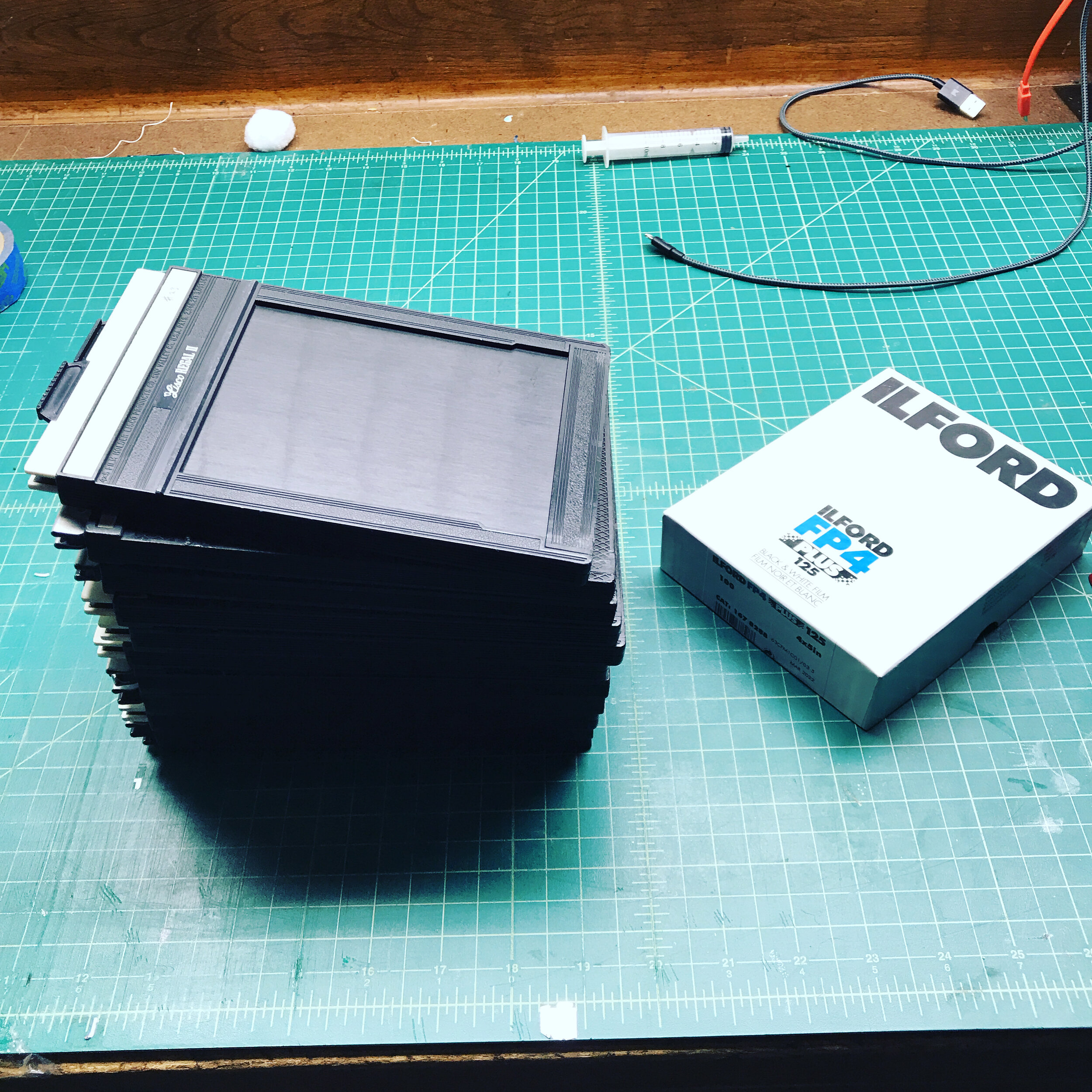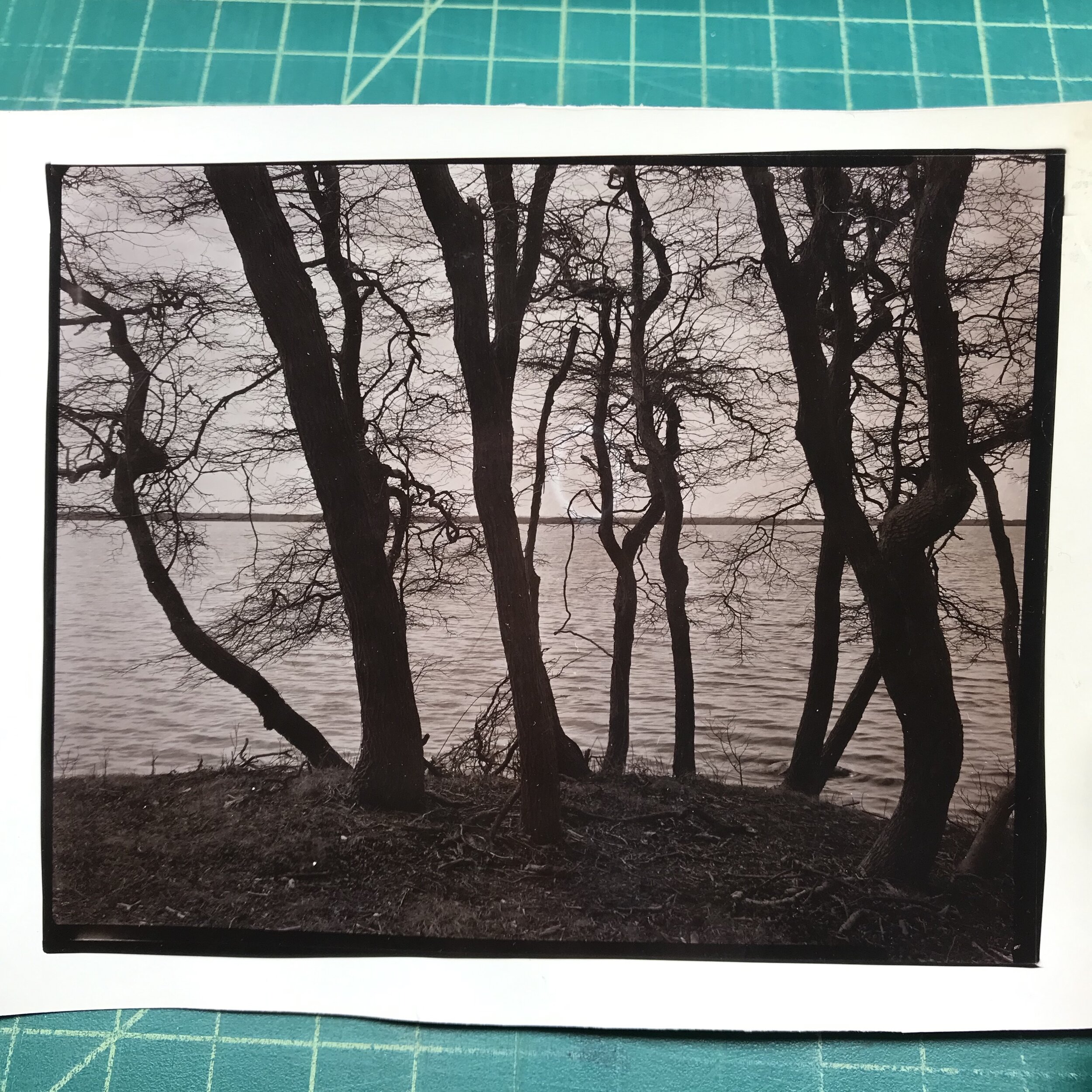My wife, Eden, and I took a vacation to London, England. This was a combination of birthday, anniversaries, and whatever else we felt like celebrating in our shared life. I spent too much energy wondering what kind of camera to take, but finally settled on the Sony ZV E10. It is small, easy to use, and doesn’t draw attention to itself. Keep it simple.
I set the camera at 50 ISO and didn’t change it. What I thought was a mistake started to show me a view aligned with how I was feeling. Longer exposures include my heartbeat and breathing in the creation. These photos aren’t standard “vacation photos”.
Visiting crowded museums is a hectic experience. So much to see and such little time. Photographing works of art without a need to clearly document brings that feeling to the image. The images are a little off, a little mistaken and rushed. I don’t need to see the museum pieces perfectly, my memory is somehow fading, I need the quick sketch and thumbnails. Perfection doesn’t preserve the experience of how it felt.
It’s overwhelming to be in the presence of so much history and accomplishment. In Cathedrals, I walked over graves of historical giants. While looking for the bathroom, I walked by “the very spot” where people were executed. The contrast of having a normal human experience in the same space where Anne Boylen died is strange. While these two moments are centuries apart, the power and value of history elevate them. Why should I feel bad about that? I’m sure eye witnesses to her execution didn’t take long to ask “So, where should we eat?”
Looking for a bathroom in a thousand year old church makes me feel stupid. “How can you think about peeing in the presence of such granduer?”
I blame the tea.
It is a privilege to stand in front of things I’ve seen in books and be in spaces where important history unfolded. The real and lasting feeling travel gives is I’m not that important. Look at all the people who were here before me? Look at the amazing buildings, the art and culture which has been simmering for centuries, just waiting for me to walk into the gift shop, and buy a post card. It seems like there should be more gravity to the occasion than what I tend to bring.
Life gets better when you allow for the unexpected to show up. Incorporating chance and allowing space for sensation and feelings is important. Being a tourist is an elevated experience. I am a stranger in a strange land; surrounded by people going about their day, unfazed by the history around them.
Travel is a blur of loud, compressed time punctuated with rushed meals and odd digestion. My body and mind are rarely in the same place and time when I travel. Resisting that fact only makes it worse. Embracing the distortion and disruption brings about an awareness of my own humanity. Wherever I go, there I be.












































